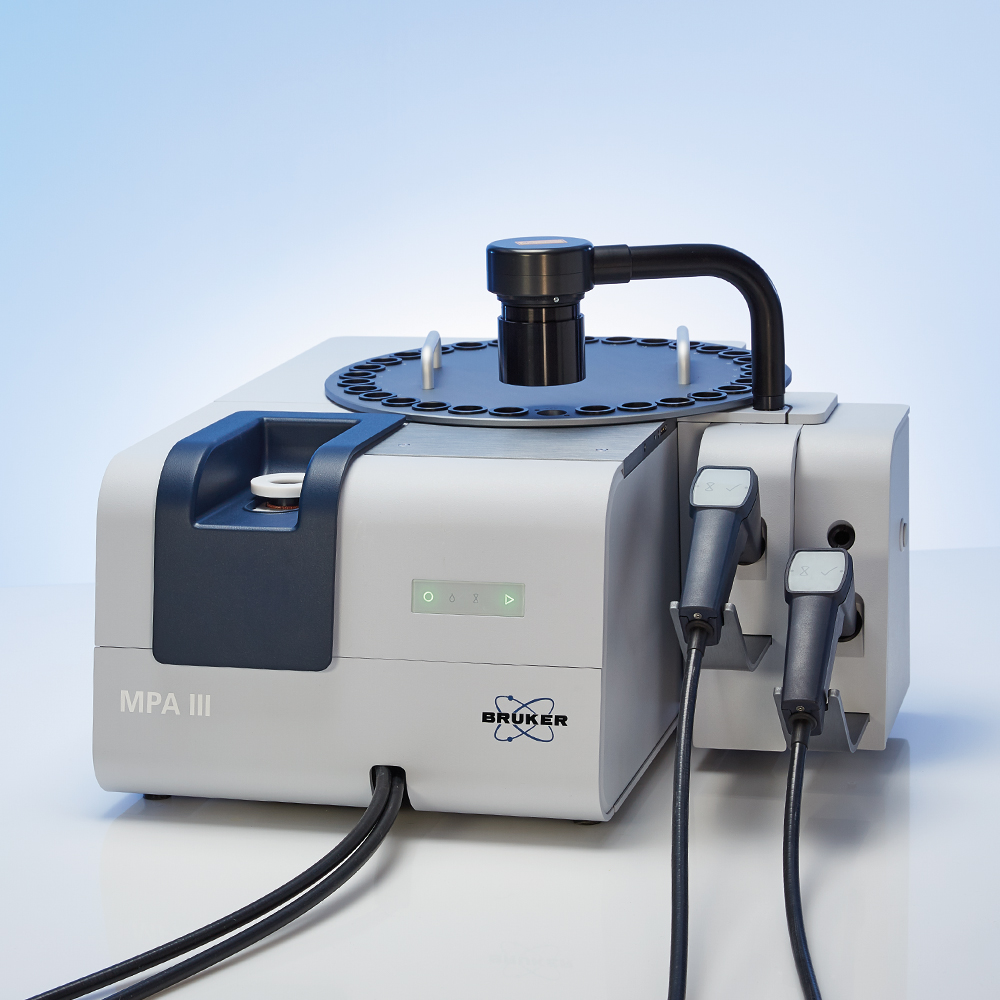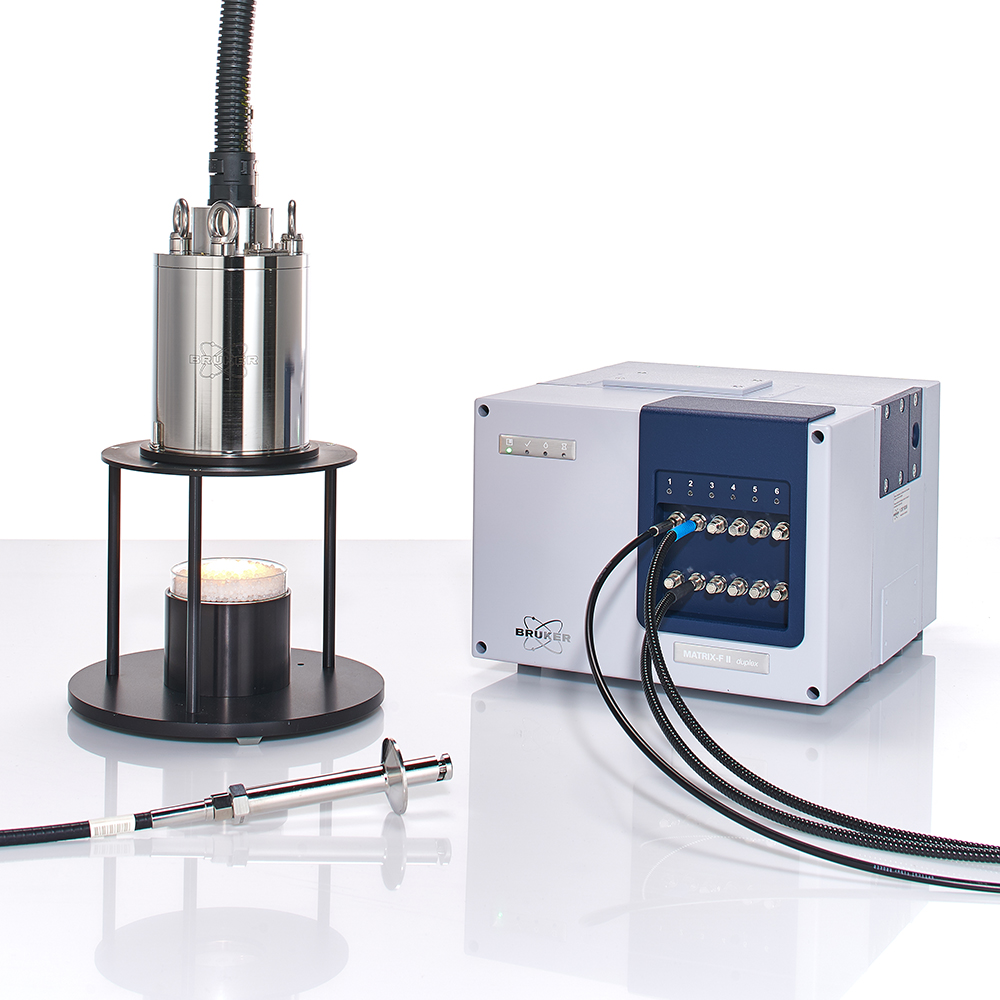

Raw Materials Analysis
Rapid and reliable identification and validation of incoming raw materials is critical for drug manufacturing.
Impurities and adulterants in raw materials pose potential health threats when present in the manufacturing of pharmaceutical APIs and drug products. These same impurities and adulterants may also result in lower production yields and greater needs for product purification. Thus, their identification and quantification within incoming raw material play an important role in the pharma industry, ensuring product safety & quality, and an overall smooth and cost-efficient manufacturing process.
Bruker offers a complete portfolio of analytical systems for quick and accurate identification of raw materials.
X-ray fluorescence (XRF) is a reliable, precise, and accurate technique with the potential to analyze inorganic impurities at ppm or even sub-ppm level in many types of raw materials used in the pharma industry. XRF is also ideal for quick identification of certain substances, such as the differentiation of KCl and NaCl. Modern high-end laboratory energy-dispersive XRF spectrometers allow for high throughput, are easy to operate, and comply with applicable data management regulations (e.g. 21 CFR Part 11). Portable XRF units can be used for a quick assessment of a new delivery upon arrival.
Key advantages of XRF compared to more classical wet chemical techniques are the fast and simple sample preparation, the ease-of-use, and the low operation costs (no toxic/expensive chemicals/gases required!
Uniquely, XRD directly probes the atomic and molecular arrangements in solid forms. X-ray powder diffraction, therefore, enables detection, identification, and quantification of crystalline and amorphous APIs, excipients, and other any materials via fingerprinting. Raw materials can be quickly screened to control purity, crystallinity, and polymorphism as well as absolute phase abundance in mixtures.
FT-NIR spectroscopy via fiber optic probes is rapidly becoming a standard method of accomplishing this crucial material validation, providing unprecedented speed and flexibility for the identification of both solid materials and liquids.
Both MPA II and MATRIX-F FT-NIR spectrometers can be equipped with fiber optic probes for direct analysis of raw materials in their containers. Complete identification software guides the user through the library creation process and provides single-click identification even at the loading dock. The MATRIX-F system comes with a NEMA rated enclosure enabling it to withstand the toughest plant environments.
Incoming goods inspection and quality control using FT-IR spectroscopy are mainly performed using the so-called ATR (Attenuated Total Reflection) technique. It allows measuring IR spectra of almost all types of liquid, solid, and paste-like samples within some seconds. For identity control, the sample spectrum is compared against the spectrum of a reference substance.
The growing demand for portable Raman systems for material verification is constituted in the vast capabilities of this spectroscopic technique. High selective information content and no need for sample preparation combined with the capability to probe materials directly through transparent packaging material often make Raman spectroscopy as the method of choice.
Bruker developed the BRAVO to overcome the limitations of handheld Raman spectroscopy like fluorescence or safety issues. As a class 1M laser product, BRAVO combines maximum user safety with the utmost ease of use, of course fully compliant to regulations like CFR 21 Part 11. BRAVO is the lab in your hands for material verification in the pharmaceutical industry.
NMR on the other hand, being a structural rich technique and inherently quantitative, offers the advantage of testing the identity of raw materials and their quantification in the same experiment, which can take less than 1 minute. Should impurities be detected, NMR and MS are the techniques of choice to elucidate the unknows, providing go- or no-go information.
Support
Service and Life Cycle Support
Bruker’s commitment to provide customers with unparalleled help throughout the buying cycle, from initial inquiry to evaluation, installation, and the lifetime of the instrument is now characterized by the LabScape service concept.
LabScape Maintenance Agreements, On-Site On-Demand and Enhance Your Lab are designed to offer a new approach to maintenance and service for the modern laboratory













